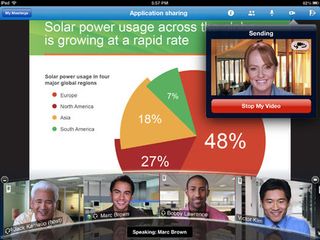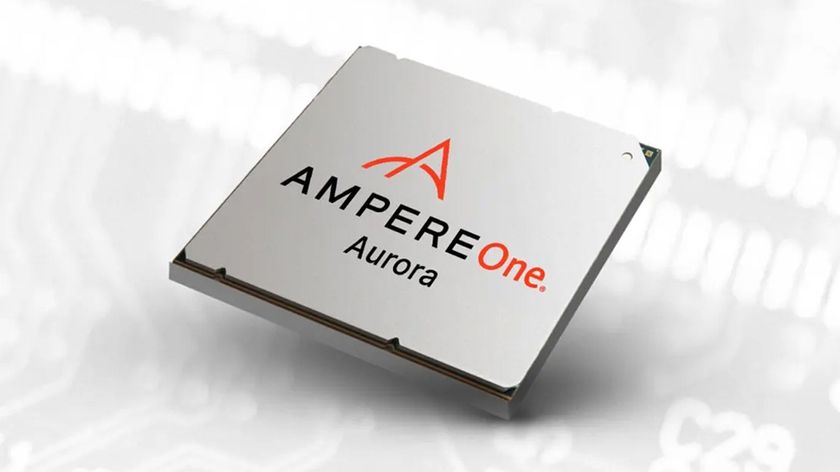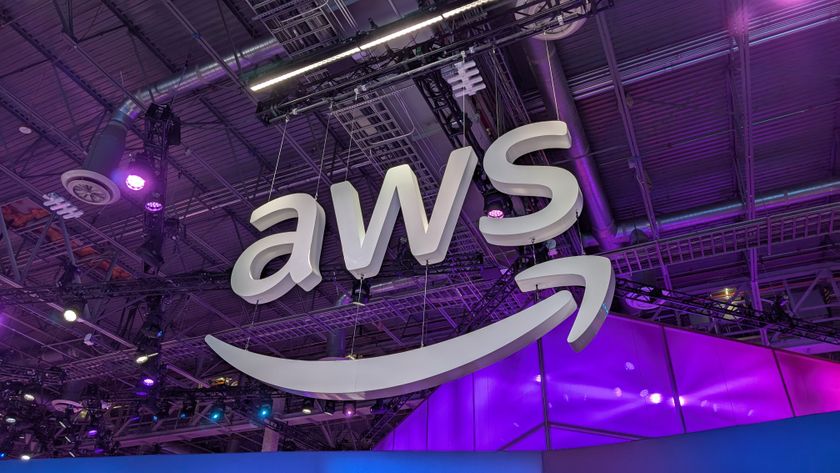Why the iPad mini is an essential business tool
Using the Apple iPad Mini and iOS 6 in your business
The iPad mini's wireless and 4G options
All iPad minis can stream audio, photos and video wirelessly using Apple's AirPlay technology (wired cables such as Lightning to VGA adapters are available too), support AirPrint wireless printing, and have the latest Bluetooth 4.0 connectivity for wireless peripherals. Wi-Fi support is extensive: iPad minis can connect to 802.11a/b/g, 2.4GHz 802.11n and 5GHz 802.11n wireless networks, and they support channel bonding for download speeds of up to 150Mbps.

As with the iPhone 5, the Wi-Fi + Cellular iPad mini can connect not just to 3G mobile networks, but to 4G LTE ones. That should deliver real-world speeds roughly four times faster than current 3G networks, and it should mean better video conferencing, faster mobile networking and a vastly improved mobile browsing experience.
That's the promise, at least, but reality is a little more complicated. 4G is very new to the UK - EE's network only went live at the end of October, and the other operators won't have 4G networks running until early 2013 - so coverage is very limited. Even when other services launch, the iPad mini won't recognise them: different operators will use different frequency bands, and for now the only UK frequency band Apple supports is EE's one.
The UK iPad mini currently supports LTE bands 1, 3 and 5, which means that you'll be able to connect to 4G networks (where available) throughout Europe, Asia, the Middle East, Australia and Africa. US and Canadian operators use different LTE bands, so you'll be stuck with 3G when you roam in those countries. For details of which worldwide 4G standards the iPad mini supports, visit http://www.apple.com/ipad/LTE/.
With the exception of the 4G LTE radio, the differences between the Wi-Fi and Wi-Fi + Cellular models of the iPad mini are minor: the Wi-Fi + Cellular loses an hour of battery when you're browsing mobile broadband (it gets 9 hours of web browsing, compared to 10 for the Wi-Fi model), weighs four grams more, and gets both GPS and GLONASS, which is the Russian alternative to the GPS system.
The iPad mini's Maps
Let's not mince words here: Apple's maps app is hopeless, and while executives' heads have rolled the service hasn't significantly improved since it was launched. Better offerings are available, both for free - Google Maps' web-based version works happily on the iPad mini, as does Nokia's Here - and as paid-for apps such as the excellent TomTom Western Europe.
In the longer term businesses might want to be on Apple Maps, however: it integrates with Yelp for local business reviews, so if you deal with the general public (or anyone else who might search for you using Maps), it's a very good idea to ensure that your business is registered there for when Apple finally fixes its mapping service. You can register your business, write a description and upload photos at biz.yelp.co.uk.
Are you a pro? Subscribe to our newsletter
Sign up to the TechRadar Pro newsletter to get all the top news, opinion, features and guidance your business needs to succeed!
Electronic ticketing on the iPad mini
One of the more interesting features in iOS 6 is Passbook, an electronic ticketing system that can potentially replace airline boarding cards, concert tickets and even coffee shop loyalty cards. For now it's more about potential than delivery - the list of Passbook-using companies is minimal and overwhelmingly American - but if it's widely adopted then your iPad mini could not only store your boarding card but tell you what gate to go to and when to be there, alerting you instantly of any issues such as delays or gate changes.
Passbook may also be relevant if you want to publish e-tickets and coupons for your own business. Passbook tickets can be sent via email or delivered directly from websites or apps, can be tied to specific time periods or locations, and can replace anything you might normally print on a ticket, as a barcode, or on a gift, loyalty or membership card.
Writer, broadcaster, musician and kitchen gadget obsessive Carrie Marshall has been writing about tech since 1998, contributing sage advice and odd opinions to all kinds of magazines and websites as well as writing more than a dozen books. Her memoir, Carrie Kills A Man, is on sale now and her next book, about pop music, is out in 2025. She is the singer in Glaswegian rock band Unquiet Mind.










